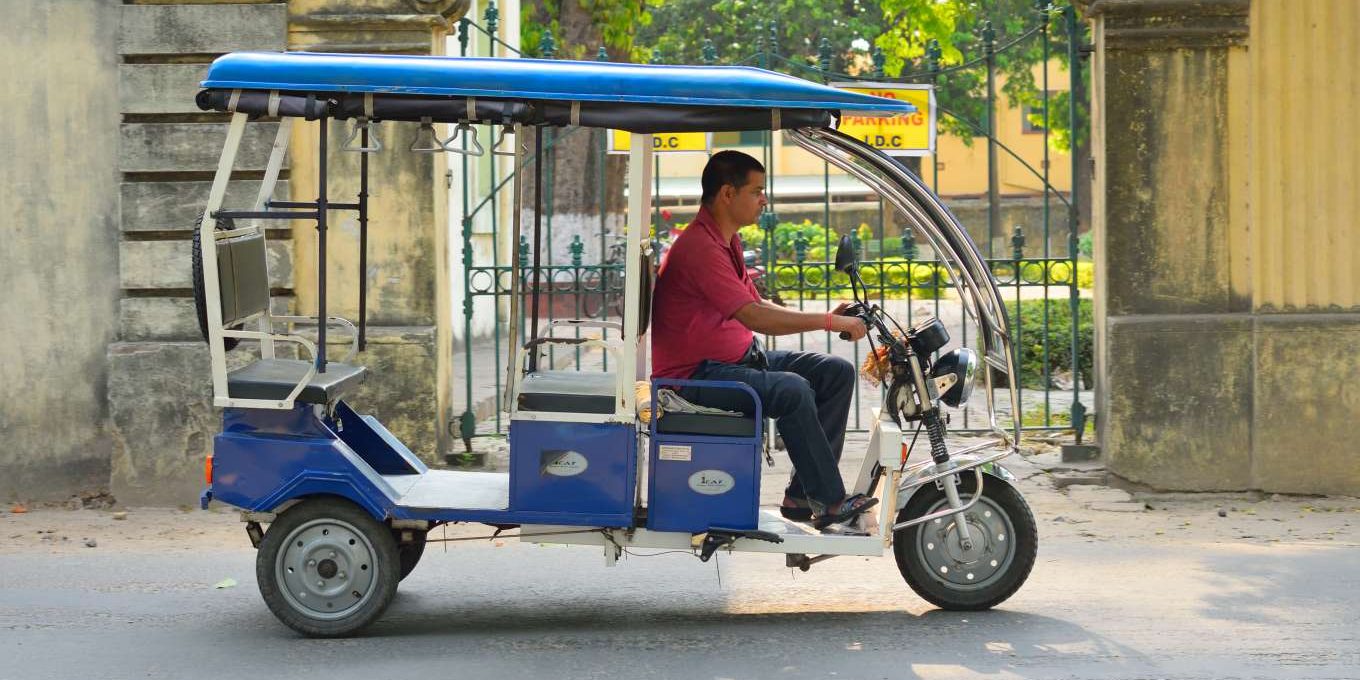The road to e-rickshaw success isn’t just paved with batteries and wheels—it’s also charted by law. Here’s a deep dive into the legal and policy landscape that governs these three-wheeled wonders.
Licensing & Registration:
Initially unregulated, e-rickshaws now fall under the Motor Vehicles Act. Owners must register with the RTO, secure insurance, and hold a valid driver’s license. Some states offer relaxed norms to encourage adoption.
Incentives You Should Know About:
Under FAME II, e-rickshaws get upfront subsidies that reduce purchase cost. State-level perks include road tax waivers, zero registration fees, and subsidized loans.
Compliance Requirements:
BIS (Bureau of Indian Standards) has introduced mandatory safety standards, especially for batteries and motors. Manufacturers must meet these benchmarks to get approval.
Challenges and Grey Areas:
Despite good intentions, bureaucratic hurdles and inconsistent policies across states can confuse both buyers and dealers. There’s also a need for clearer recycling policies for used batteries.
Conclusion:
Understanding the rules isn’t optional—it’s a must. A compliant rickshaw is a profitable rickshaw.






